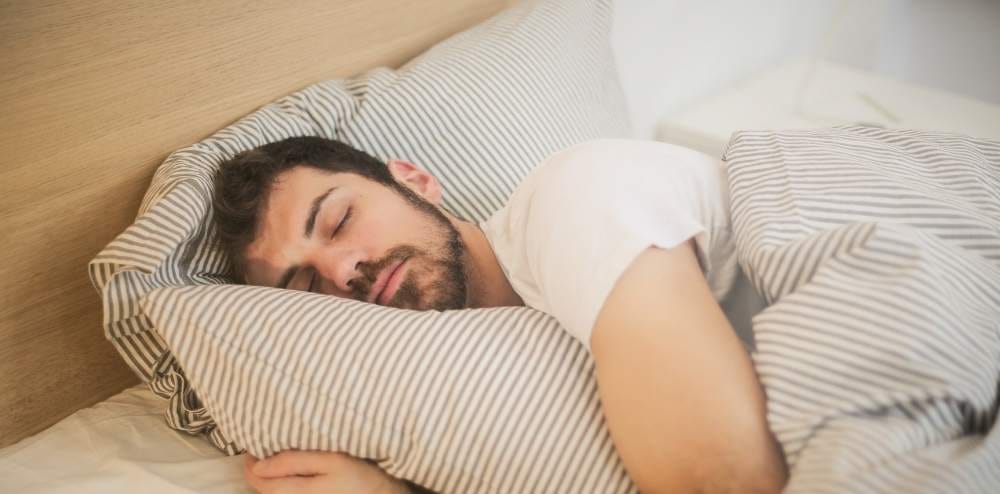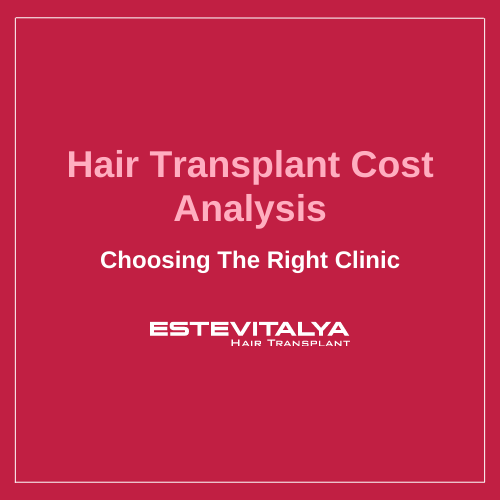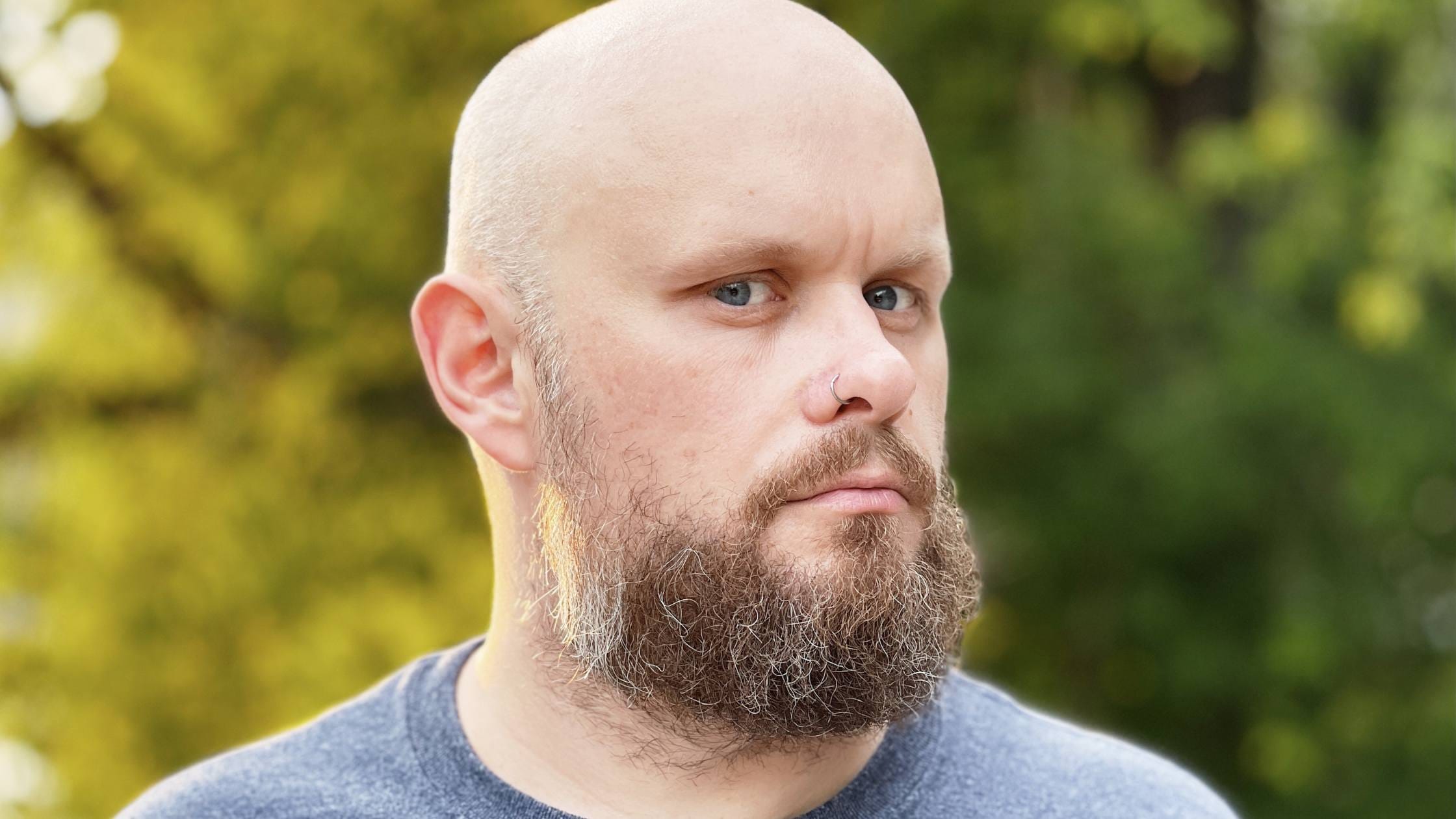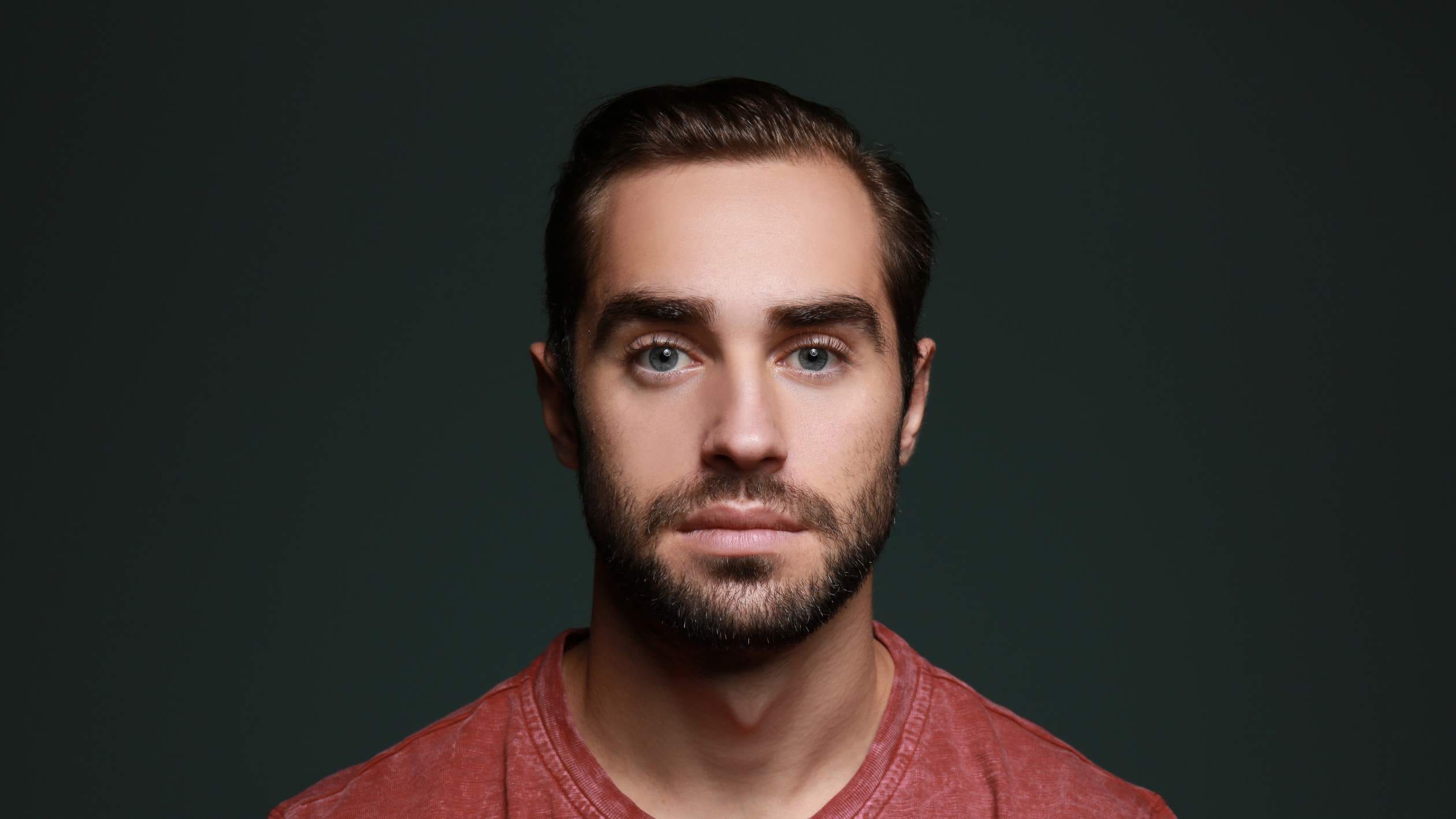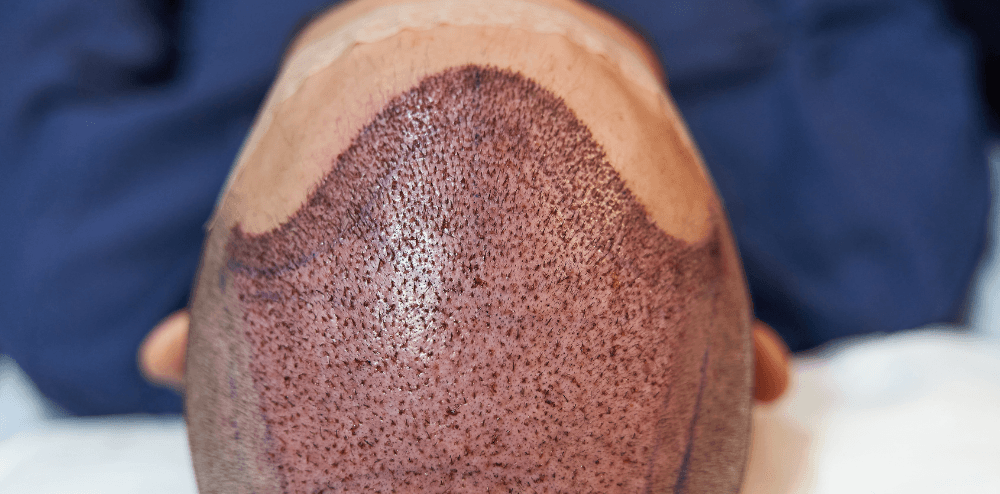The decision to get a hair transplant forms an important milestone for restoring self-confidence through its benefits in restoring fuller hair coverage. The importance of post-surgical care matches the necessary attention of the surgical procedure because sleeping position plays a significant role in your healing process following the procedure. Your position while sleeping produces effects on both the healing time and the successful integration of your new grafts. Estevitalya in Antalya gives extensive postoperative instructions to patients who want to safeguard their hair transplant outcomes.
Why Sleep Matters After a Hair Transplant
Most healing activities occur within your body throughout the slumber period. Newly transplanted hair follicles require blood circulation together with tissue repair and swelling reduction for proper nourishment. The improper sleeping position produces two negative outcomes it both compresses your head and intensifies swelling and creates risks for graft displacement during the essential implantation process.
The Correct Method of Rest After Hair Transplant Surgery
Protect your grafts for the first 7-10 days by extra conscious sleeping techniques. Here’s what you should do:
Sleep on Your Back with Your Head Elevated
A combination of two or three pillows needs to be placed beneath your head to maintain an angle between 30-45 degrees through the night.
A travel neck pillow provides stability to your head to stop you from moving onto your graft areas while you sleep.
You should sleep with a raised angle to your body to reduce swelling.
Don’t Sleep on the Transplanted Area
Direct pressure to your grafts should be prevented so people with front or crown transplants should never sleep on their stomach or sides.
Tossing and turning at night may be prevented by placing pillows strategically around your body.
Use a Soft Pillowcase
A pillowcase made from silk or satin will minimize the contact between your bed and your scalp during slumber.
The presence of clean bed linen helps prevent both irritations and possible infections.
Prevent Accidental Rubbing
If you pillow rub your head at night, a loose headband can act as a second defense.
Other Sleep & Recovery Hints
Drink water and healthy food to assist the healing process.
Avoid smoking and alcohol because they slow down the recovery process.
Follow your surgeon’s guidelines for taking care of yourself after surgery, including medication.
Prepare Yourself for the Best Results
At Estevitalya in Antalya, patients are guided through every phase of hair transplant surgery, including healing, by skilled surgeons. With mere precautions—such as sleeping correctly—you can protect your new hair, reduce swelling, and set yourself up for long-term, natural-looking results.
